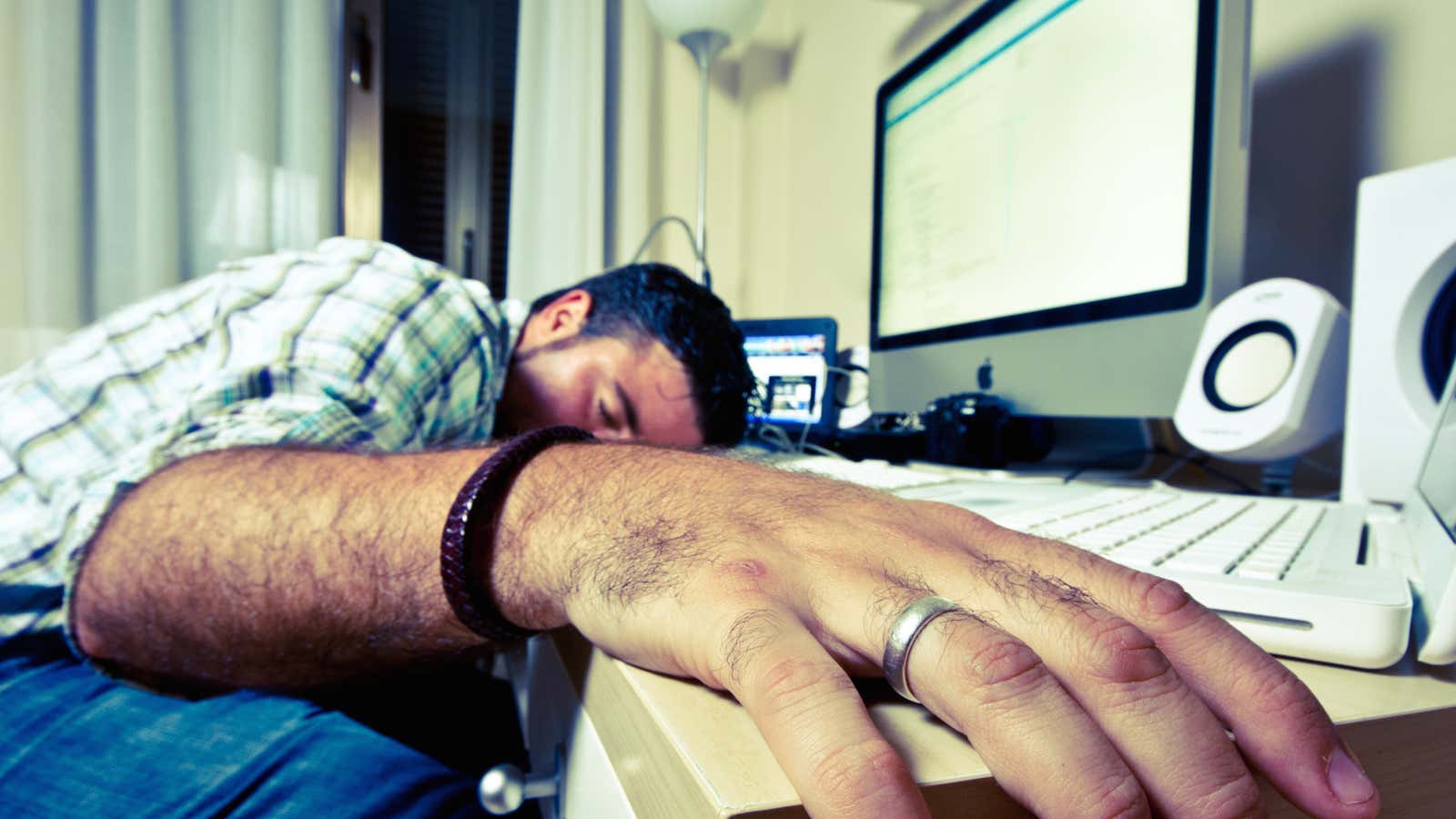We’ve known for some time that sleep is important for the restoration and strengthening specific functions in the brain linked to memory, regulating emotions, decision-making, and even creativity. But scientists are now discovering the processes through which sleep also cleans the brain like a plumbing system, in the process changing its cellular structure.
This research has led to an increasingly sophisticated understanding of the brain’s internal workings—and is one more reminder of why it’s so essential that humans make sure they get the proper amount of sleep.
Previously, scientists thought the brain only cleaned itself by trickling toxins through brain tissues, but researchers now believe wastes are forcefully pushed through the brain at a much faster and higher pace, according to Maiken Nedergaard, co-director of the Center for Translational Neuromedicin at the University of Rochester Medical Center School of Medicine and Dentistry.
Nedergaard dubbed this liquid cleaning system “the glymphatic system,” derived from the lymph system, which filters toxic waste products out of the body. The waste products that are filtered through the brain prevent neurological illnesses like Alzheimer’s and Parkinson’s. Nedergaard’s research was followed up by a 2013 study which found “hidden caves” open up in the brain while we sleep, allowing cerebrospinal fluid to flush neurotoxins through the spinal column in copious amounts.
Basically, the cerebrospinal fluid sits around your brain and spinal cord and “every six to eight hour period, filters through the brain while you’re asleep,” Tara Swart, a senior lecturer at MIT specializing in sleep and the brain, told Quartz. “The whole process takes six to eight hours.”
Much more important than your average cleaning system, this process clears neurotoxins out of your brain, specifically one called beta-amyloid, which has been found in clumps in the brains of people with Alzheimer’s disease. When this system can’t function properly due to lack of sleep, harmful remnants, like beta-amyloid, are allowed to build up.
A 2015 study published in the journal Nature Neuroscience was one of the first to look at humans rather than animal subjects when examining how sleep can fight against memory impairment. As it turns out, beta-amyloid also works to prevent your body from getting the rest it needs, creating something of a vicious cycle for the chronically sleep-deprived.
As Matthew Walker, one of the neuroscientists who authored the study, wrote: “The more beta-amyloid you have in certain parts of your brain, the less deep sleep you get and, consequently, the worse your memory. Additionally, the less deep sleep you have, the less effective you are at clearing out this bad protein.”
As a result of these findings, Swart said she’s been “even more careful about [her] sleep.” In fact, as part of Swart’s Neuroscience For Leadership class at MIT in April, she discussed the serious health consequences that come from neglecting shut-eye. Swart, who is also a leadership coach, has been instructing executives to sleep for years. She promotes techniques related to diet and exercise, and warns that sleeping next to your smartphone—the one that emits 3G and 4G signals all night—affects your brain patterns, restructuring your brain cells and likely preventing you from allowing your brain to clean out waste material properly.
Research published in 2007 has already found that the electrical radiation emitted from smart devices is picked up by electrodes inside our brains. Scientists are still trying to figure out just how much damage the electromagnetic signals emitted from WiFi equipment can actually do to the human brain. But by potentially preventing our brains from flushing beta-amyloid—just by being in close proximity—it’s clear these devices already have the potential for serious damage.
Ultimately, how much sleep you think you need has little to do with it. CEOs have long bragged of their ability to only sleep four to five hours a night, but Swart says this bravado misses the point: even if you don’t feel sleepy, your brain needs those six to eight hours to cleanse itself every day. (Then there’s the multitude of research that shows a rested and resilient brain performs better, is better able to regulate emotions and think creatively.)
If having enough time to sleep is a challenge for you, Swart suggests naps. Taking even 20 minutes of shut-eye is comparable to “literally plugging in your phone battery,” says Swart, similar to a power boost. For 30 minutes of downtime, your brain will experience improved learning and memory. For those fortunate enough to snag 60 to 90 minutes of rest, “new connections can form which can unleash creativity in the brain.”
“And that’s why Google has nap pods,” Swart explained.
